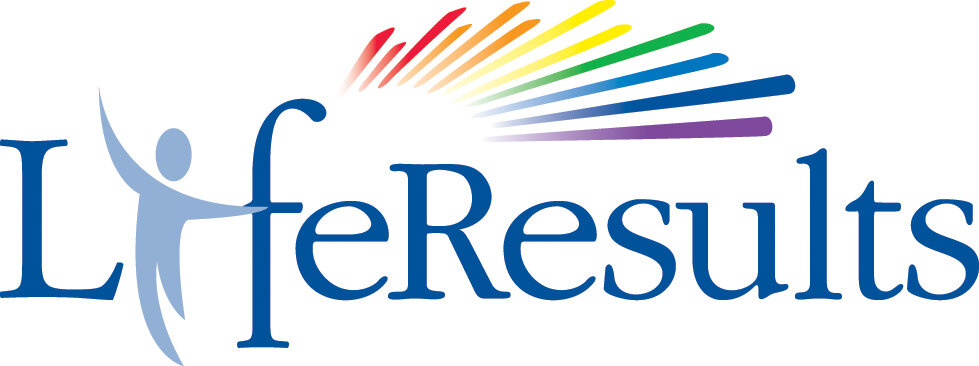Self doubt creeps in all the time, it's very sneaky. For me, one of the ways I notice that I'm experiencing self doubt is that I feel guilty or inadequate. Or feeling guilty because I feel inadequate. What I need in these times is self compassion. But how do you replace self doubt with self compassion?
Today I was feeling guilty because I was tired. Dog tired. Struggling to drag myself off the couch to make breakfast tired. The story I was telling myself was that I'm being a bad mom and not even taking care of myself. I told myself I was giving in to being tired and not squeezing every last second of free time with my daughter. I wasn't feeding us on time. I wasn't keeping us to a schedule. I didn't have anything fun planned for us in the morning. I wasn't even going to make it to the grocery store to pick up eggs for the week before lunch.
In my sleepy haze, I was searching for the reasons I was tired. Trying to combat the guilt and self doubt with reasons to excuse the exhaustion. And then I remembered I don't need a reason to be tired. Sometimes we are tired, and that's ok. Sometimes we need more rest and that's what we need, no reasons necessary.
Then I asked myself if the self doubt was true. Is it true that I'm a bad mom? No. Is it true that I wasn't taking care of myself? No. I found a way to get some rest while my kid played safely in the baby-proofed living room. Is it true that I need to spend every spare second of free time staring at my child and trying to engage with them? Definitely not. We ate, we played, I didn't nap the whole day away. I got the rest I needed and took care of us, too.
When self doubt creeps in, there are several ways to notice it and take away its power. These are ways we talk to ourselves in our heads. These are also ways we talk about ourselves out loud, phrases we use all the time. Here are some tricks and phrases to replace self doubt with self compassion.
Replace "I don't" and "I'm not good at" with "I haven't" or add "yet" to the end of your sentence.
Whether spoken aloud or in your mind, this alleviates the pressure of not being perfect. If you're thinking of trying something new, "yet" can give you a mental boost to help you get started.
Replace "you" and "one" with "I" when speaking about your own experiences.
Taking ownership of your experiences and emotions with first-person speech is empowering.
Replace "try" with "will do" or "I can commit to" for a realistic view of commitments.
No one likes feeling like they let someone down. I don't like feeling like I let myself down. Gain confidence by keeping commitments, starting with realistic goals and expectations.
Replace "should" with "want" or "need."
A dear friend once told me "don't should on yourself" when she heard my self doubt bubbling up. Actually, you don't have to should anything. Stop, go back, and replace the sentence with "want" or "need" to see if it's true without any guilty feeling. "I should go to the store." "I want to go to the store..." no, I don't want to right now. "I need to go to the store..." yes, but it's not immediate and can wait until later.
Replace guilt and shame statements with the truth.
Challenge feelings of guilt and shame, like I did in this example above, by asking if they're true. It's very likely that they're not true and your inner voice is being mean to you. Be nice to yourself by thinking of all the reasons it is NOT true. You can even write them down.
Submitted by Camille Zess, LifeResults board member

